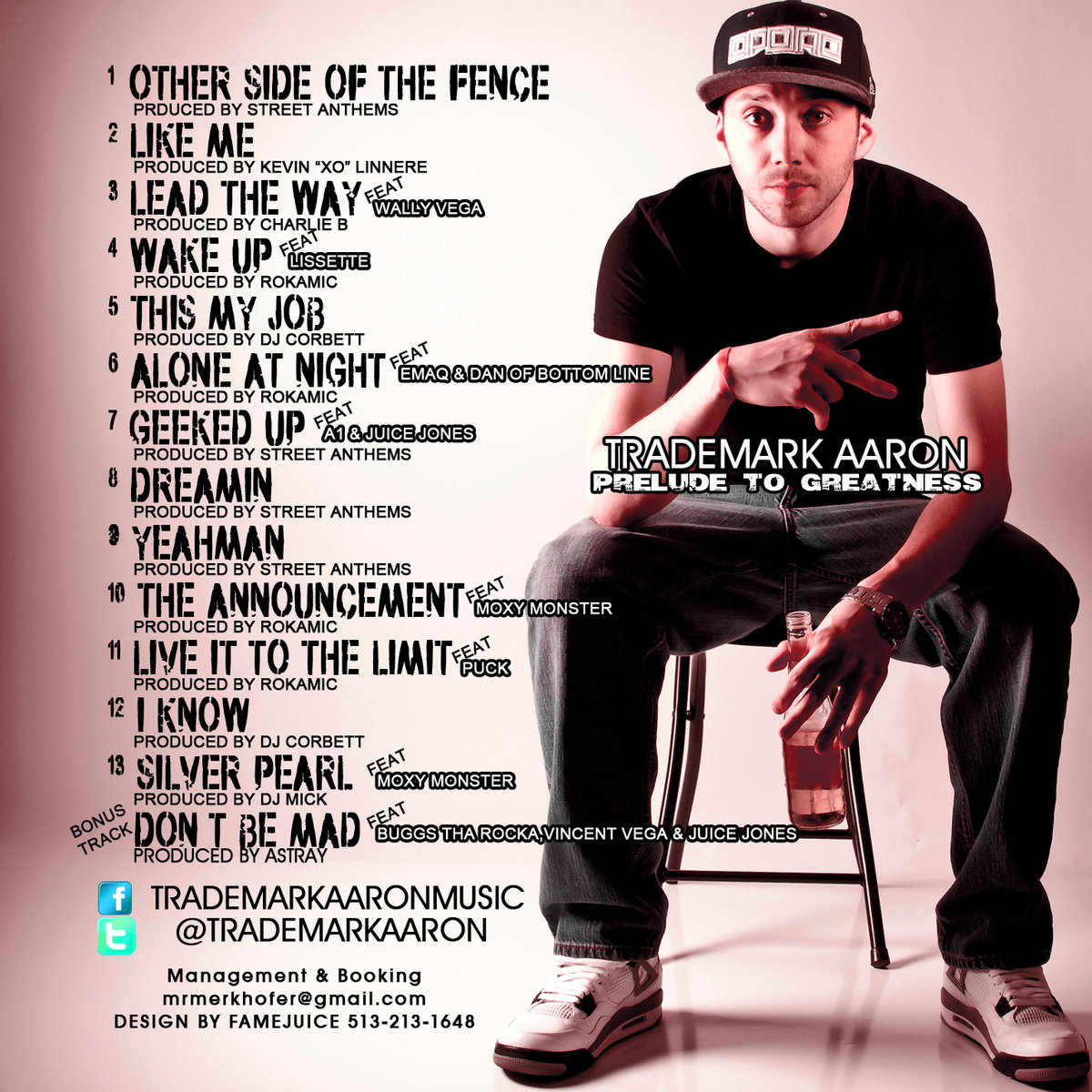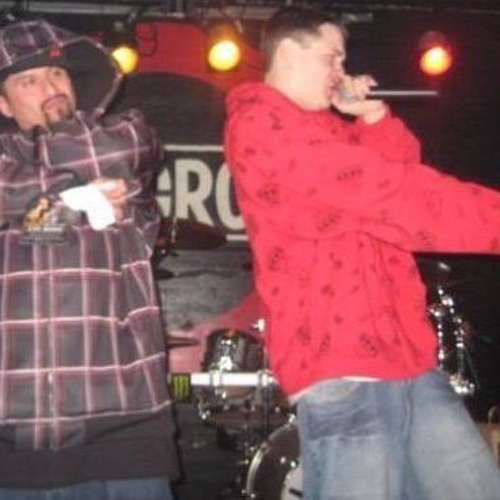
There are few politicians who, within their own states, carry such high expectations. “The problem for us,” he said, “is until he makes a decision, nobody else is going to do anything.”

Hinojosa said he has spoken with O’Rourke twice about the election, both times encouraging him to run. “The pretty fair assumption that people are making” is that he will run, said Gilberto Hinojosa, chair of the Texas Democratic Party. And every Democrat in Texas is waiting for him to make up his mind. O’Rourke is thinking seriously about running. Ted Cruz two years later - but two years, in politics, is a long time to sit on the bench. O’Rourke would likely have a better chance of beating U.S. Abbott lacks O’Rourke’s charisma and star power, but he’s a canny politician who has never lost a race and has already raised $55 million. There have been two so far, and challenging Abbott could easily lead to a third. She called him “the wind beneath the Democratic Party.” Julie Oliver, the former congressional candidate who twice ran unsuccessfully to flip a Republican-held House seat around Austin, said O’Rourke “might be the only person who could unseat Abbott, honestly.” Jeff Travillion, a county commissioner in Travis County, Texas, said “he’s probably the best-known name that people associate with taking care of the little guy.” From the chair of the state Democratic Party down, Democrats in Texas have been lobbying O’Rourke to run for governor next year against Abbott, the Republican incumbent.įor O’Rourke himself, the calculus is simple but brutal: Every loss is a dent in his reputation as the future of Texas politics. “Can we clone him?” asked Dora Oaxaca, chair of the Democratic Party in El Paso County, of O’Rourke. But when it comes to actual candidates - the kind of names that could capture enough broad support to win the Democrats a Senate seat or the governor’s chair - there’s really only one person those hopes are riding on. Senate race in 2018, bottomed out in the presidential primary less than two years later and now would count it a victory if you simply came to the door is the party’s best hope to take the governor’s seat next year.įor years, the Democratic mythology of Texas has been that the rapidly diversifying state is “about to turn blue” - that despite its obstinate record of Republican dominance, the state’s shifting demography is poised to flip something: the state house, a big statewide office or a presidential vote someday soon.

It’s a testament to O’Rourke’s celebrity, and also the relative weakness of the Democratic Party in Texas, that a politician who lost a U.S. O’Rourke, she said, “is a big hope for us.” When he left, she said, at least “he’s doing the work.”

I don’t know that we’ve had anything like this.” “Felicia,” O’Rourke said to Felicia Miyakawa, a volunteer organizer for the organization O’Rourke set up, Powered by People, “we’ve had some dry runs before. It’s an extension of O’Rourke’s turnout strategy from his 2018 Senate campaign, and it reflects Democrats’ basic theory of the case in Texas - that if the party could register and turn out even a fraction of the several million people who are eligible to vote but not registered, many of them young people of color, Democrats could swing the state their way.ĭuring the course of about an hour walking in a heavily Democratic precinct in Round Rock, O’Rourke registered one new voter.
#SHADE 45 HATE IT OR LOVE IT REGISTRATION#
He’s been doing some version of this voter registration work ever since he dropped out of the Democratic presidential primary in 2019.

O’Rourke is the closest thing to a star in Texas Democratic politics, a tall and expressive former congressman from El Paso who built his reputation on a Kennedyesque ability to excite a crowd and an almost theatrically grassroots approach to retail politics. A woman in her driveway, already registered, told him it was “too hot to be walking around.”


 0 kommentar(er)
0 kommentar(er)
